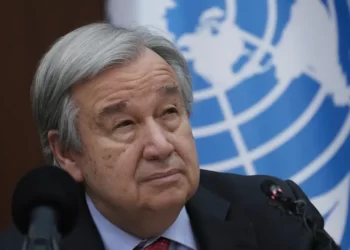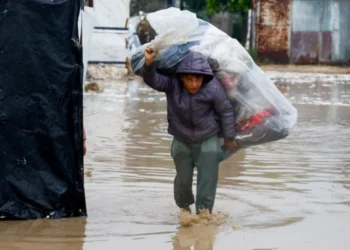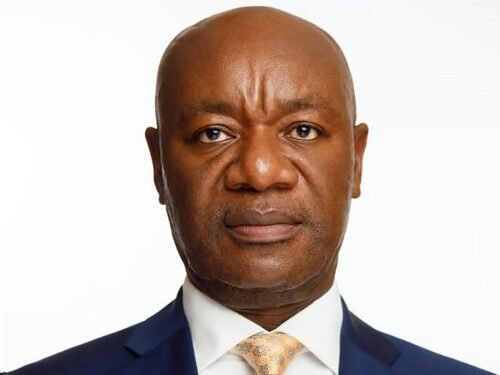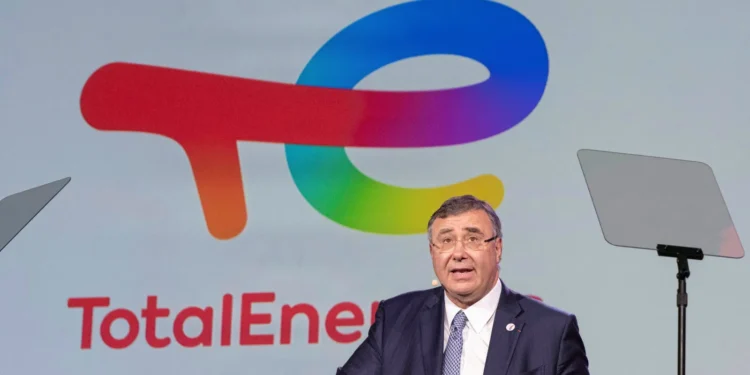South Korea’s presidential office has stated that South Korea will reconsider its policy of limiting its support to Ukraine to non-lethal supplies.
It said that it would consider sending arms to Ukraine, a major policy change.
South Korea, a growing arms exporter with a well-equipped military backed by the United States, has provided humanitarian aid and other support to Ukraine while joining U.S.-led economic sanctions against Moscow.
However, it has not directly provided arms to Kyiv, citing a longstanding policy of not supplying weapons to countries actively engaged in conflict.
The comments from a senior presidential official came hours after North Korea’s state media released the details of the agreement signed between Russia and North Korea to come to each other’s defense in the event of war.
According to the text of the deal published by the North’s official Korean Central News Agency, if either country gets invaded and is pushed into a state of war, the other must deploy “all means at its disposal without delay” to provide “military and other assistance.”
The agreement also says that such actions must be in accordance with the laws of both countries and Article 51 of the United Nations Charter, which recognizes a U.N. member state’s right to self-defense.
According to observers, the agreement could mark the strongest connection between Moscow and Pyongyang since the end of the Cold War.
It comes a time when Russia faces growing isolation over its war in Ukraine and both countries face escalating standoffs with the West.
South Korea’s presidential office condemned the agreement reached by Russia and North Korea calling it a threat to the South’s security and a violation of U.N. Security Council resolutions.
“It’s absurd that two parties with a history of launching wars of invasion — the Korean War and the war in Ukraine — are now vowing mutual military cooperation on the premise of a preemptive attack by the international community that will never happen,” the office of South Korea’s President, Yoon Suk Yeol, said.
“In particular, Russia’s decision to support North Korea and cause harm to our security, despite its status as a permanent member of the Security Council that has endorsed the sanctions resolution against North Korea, will inevitably have a negative impact on (South Korea-Russia) relations,” it added.
Yoon’s National Security Adviser, Chang Ho-jin, said that Seoul would reconsider the issue of providing arms to Ukraine to help the country fight off Russia’s invasion.
Agreement’s Effect On Russia’s Relations with South Korea Remains To Be Seen
Jenny Town, a senior fellow at the Stimson Center in Washington and Director of a North Korea-focused website, opined that how the pact affects Russia’s relations with the South is a key development to watch.
“Seoul had already signed onto sanctions against Russia for its invasion of Ukraine, souring its relations with Moscow. Now with any ambiguity of Russia’s partnership with North Korea removed, how will Seoul respond?” she said.
She added, “Is there a point where it decides to cut or suspend diplomatic ties with Russia or expel its ambassador? And have we reached it?”
Meanwhile, there is ongoing debate on how strong of a security commitment the deal entails.
While some analysts see the agreement as a full restoration of the countries’ Cold War-era alliance, others say the deal seems more symbolic than substantial.
Ankit Panda, a Senior Analyst at the Carnegie Endowment for International Peace, said the text appeared to be carefully worded as to not imply automatic military invention.
However, he said that “the big picture here is that both sides are willing to put down on paper, and show the world, just how widely they intend to expand the scope of their cooperation.”
READ ALSO: High Interest Rates Impact Poultry Farms in Sunyani Municipality






















